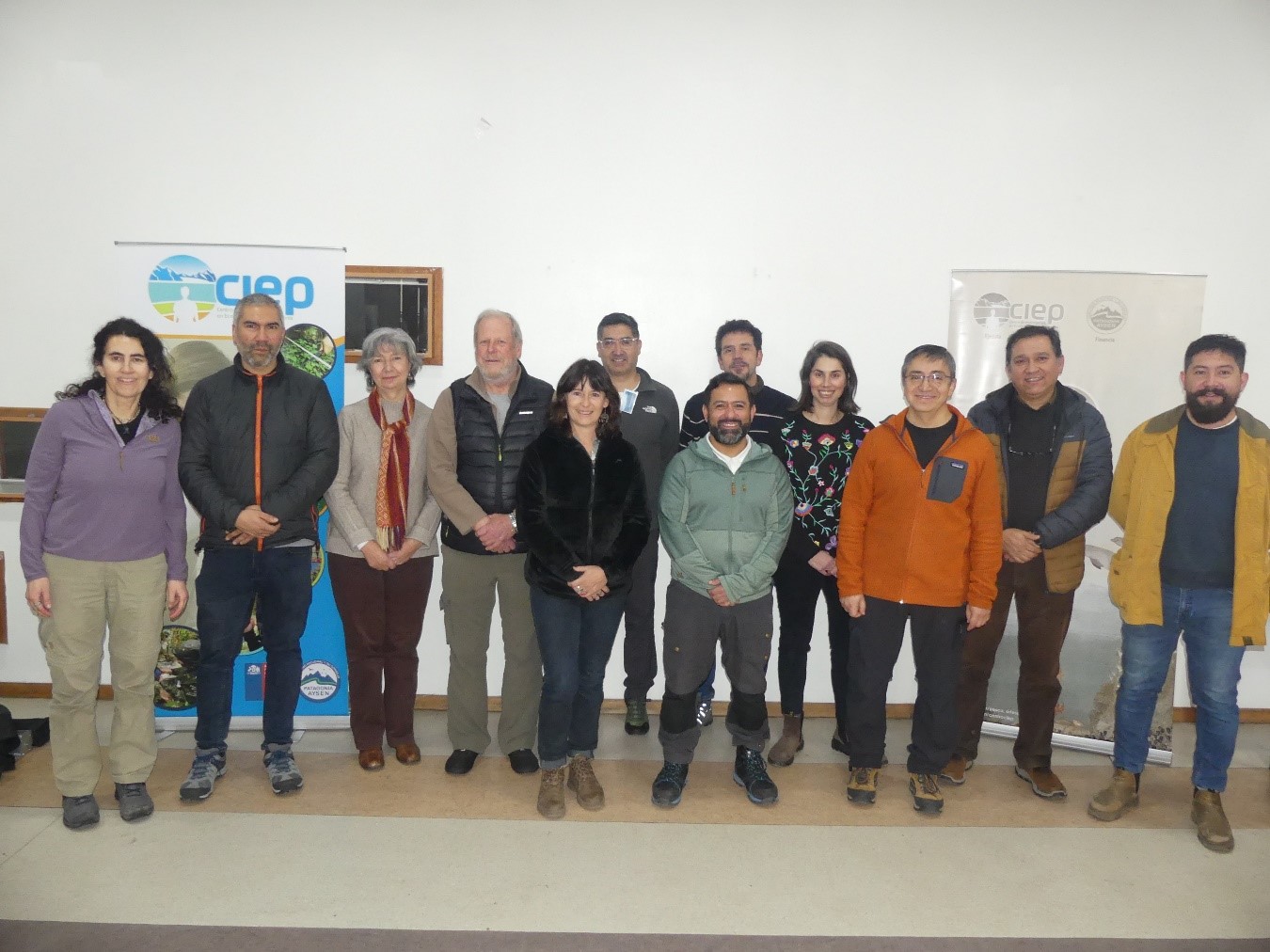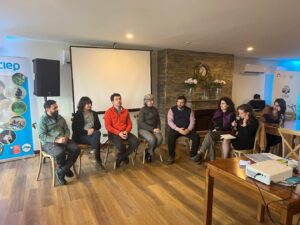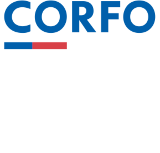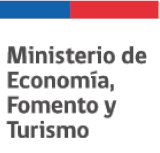
 Senior Researcher Nancy Barahona and Inter-Senior Researcher Paulo Mora attended.
Senior Researcher Nancy Barahona and Inter-Senior Researcher Paulo Mora attended.
Since 2023, the Artisanal Fishing and Aquaculture Unit of the Patagonian Ecosystem Research Center (CIEP) has been studying some benthic marine species in the Aysén Region, which are important for artisanal fishing, such as crab, sea urchin, marble crab, and king crab. The purpose of this research, funded by the Aysén Regional Government and its Council through the studies “Research on indicators to evaluate crab and king crab fisheries in the Aysén Region” and the study “Research on the distribution and abundance of sea urchin and crab on the Aysén coast,” was to obtain information on the abundance of resources in fishing areas, along with their sizes, reproductive status, and habitat characteristics.
The seminar, organized by the CIEP research center, consisted of three working days. The first session was held with national and international researchers specializing in benthic resources, held on June 10 and 11 in Coyhaique. The results and methodologies used were reviewed. The Advisory Committee for both studies was subsequently convened, comprised of IFOP, Sernapesca, Subpesca, the Regional Government, the Regional Ministry of the Environment, and CONAF.
The seminar concluded on June 12 in the city of Puerto Aysén, with the participation of more than 80 people, including a large representative population: students from the Polytechnic High School, representatives of public and private services such as IFOP, Sernapesca, the Chilean Navy, the Regional Government of Aysén, and the Aysén CFT (Central Fisheries Commission of Aysén), among others; researchers from various centers, foundations, private organizations, and representatives of the sea urchin and spider crab fisheries.
This event invited attendees to express their connection to the sea through art, in an activity led by the organization Pulso Austral. Following the event, the results of both studies were presented by CIEP researchers. A panel discussion also provided a space for listening to scientists and fishermen, who shared their experience and knowledge about marine ecosystems, the species under study, and the current context of artisanal fishing at the local and national levels.
Nancy Barahona Toledo emphasized that “in Chile, we often conduct research from very closed spaces and then want to bring it to the public. But that can’t be achieved without interaction. With CIEP, we have worked on methodologies, data analysis, and highlighting the local over the national. This connection between science and territory is key to resource management.”
For his part, Paulo Mora emphasized that “The importance of these studies is that they complement the information we have obtained from the programs we develop at IFOP regarding the monitoring of these fisheries, which are very important for the Aysén Region. Therefore, we must work in cooperation with the CIEP team so that the data and results can be comparable, meet the standard, and can be sources of information for indicators and biological reference points, in order to have a correct assessment of the objective resources of crab, spider crab, sea urchin, and sea bream in this region.”
Press related links:




